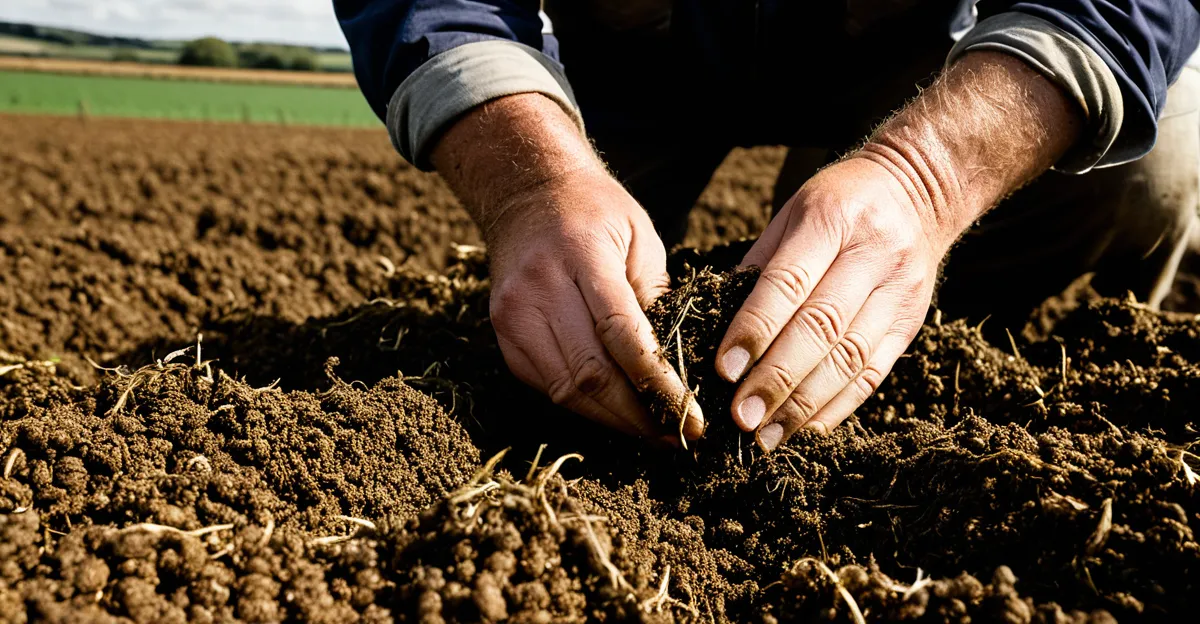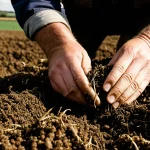Impact of Climate Change on Temperature and Rainfall Patterns in UK Agriculture
Understanding climate change effects UK reveals clear shifts in both temperature and rainfall, critical to agricultural productivity. Average temperatures across the UK have risen steadily, increasing the frequency of extreme weather events such as heatwaves and heavy rainfall. These UK weather changes disrupt the stability farmers rely on, challenging crop and livestock management.
Rainfall patterns have become less predictable. Some regions experience wetter winters and drier summers, while others face the opposite, causing stress on water availability. Such variability directly influences planting schedules and crop cycles, forcing adjustments in farming practices. For example, earlier springs prompt earlier sowing, but drought risks can limit crop growth later in the year.
Also read : What measures is the UK taking to improve public healthcare?
Crucially, agricultural climate impact varies regionally. Southern England tends to see drier summers, heightening irrigation needs, while northern areas may encounter increased flooding risks. Farmers in each locale must navigate these localized changes to maintain yields.
Addressing these evolving conditions requires a nuanced understanding of both national temperature rises and shifting rainfall distributions. This is essential to prepare UK agriculture for future climate realities and sustain food production despite ongoing UK weather changes.
Also to read : What are the recent changes in the UK’s education system?
Effects on Crop Yields and Quality
Climate change crops in the UK face significant challenges as UK weather changes shift growing conditions. Rising temperatures alter UK crop yields by advancing planting and harvesting times, impacting the length of growing seasons. For example, cereal crops like wheat may mature earlier, yet the shorter grain-filling period can reduce yield and quality.
Warmer conditions increase the risk of crop disease and pests, complicating management efforts. Crop quality impact UK agriculture is evident in fruits such as apples, which may develop softer texture or altered sugar content due to heat stress. Vegetables sensitive to temperature fluctuations, like potatoes, experience irregular growth and increased vulnerability to blights.
These changes demand adaptive strategies from farmers to protect both quantity and quality of produce. Understanding the agricultural climate impact extends beyond yields; it includes nutritional value and marketability, driving the need for continuous monitoring and innovation in crop management.
In summary, the effects on crop yields and quality due to changing climate involve:
- Modified growth timelines,
- Heightened disease and pest pressures,
- Quality alterations reducing commercial viability.
Farmers must remain vigilant to these challenges as climate change effects UK agriculture increasingly influence food supply stability.






